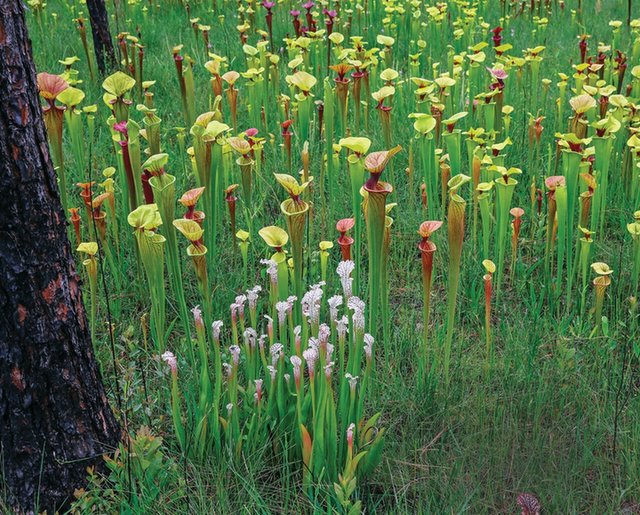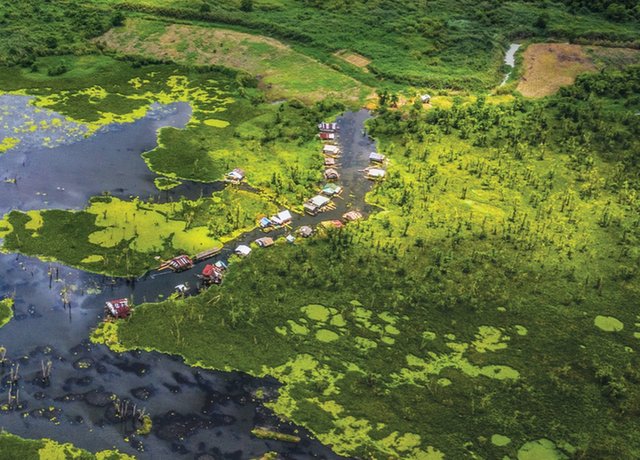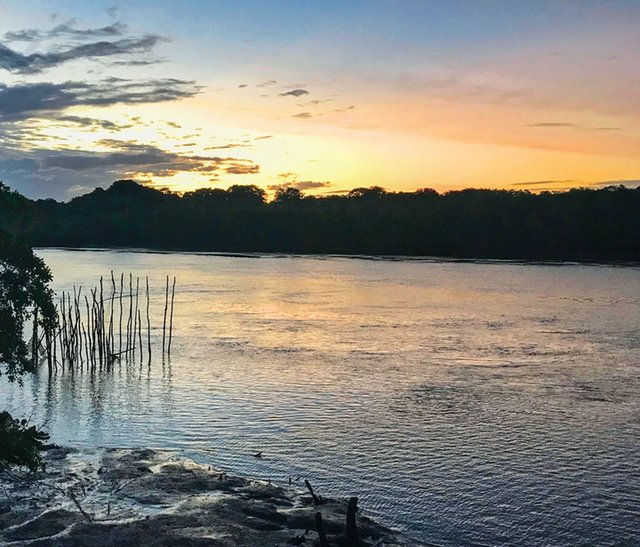
insect-eatingpitcherplantsinanIrish bog
Marshes,billabongs,mangroves,fens,bayous,mires,swamps,deltas,andbogs.Whatdotheseplacesallhaveincommon?They’reall wetlands.
ThisissueofExplorermagazineisgoingtotellyoualotaboutwetlandsandwhyourplanetdependsonthem.Butfirst,let’slearnsome basics.
Whatisawetland?It’sanareaoflandthatisentirelycoveredbywaterforatleastpartoftheyear.Wetlandsaretransitionzones.Theyareneithertotallydrylandnortotallyunderwater;theyhavecharacteristicsofboth.Thewatercanbesaltwater,freshwater,orbrackish—amixtureofsaltwaterand freshwater.
You’llfindwetlandsoneverycontinentexceptAntarctica.Theyvaryinsize,andtheycanbeverydifferentfromeachother.Somearefloodedwoodlands.Othersareflat,waterygrasslands.Stillothersarechokedbythick,spongymosses.Yet,allwetlandsaredistinctecosystemsthatteemwithlife.Andtheyarevitalto Earth.
Wetlandsactaswaterfilters.Theypreventfloodsanderosion.Theyprovidefoodandhomesforfishandwildlife.Theyabsorbnutrients,sediment,andpollutantsbeforetheyreachrivers,lakes,and oceans.

asmallmarshvillageinthe Philippines

amangroveforestin Brazil
Asimportantastheyare,wetlandsareunderthreatacrosstheworld.Peoplearedraining,dredging,damming,andchannelingthem.Theyareconvertingwetlandsintocropland,pasture,andplacesforhousing.Theyareusingthemfordumpinggroundsforwasteandsewage.Andwhenpeoplearen’tinterferingwiththem,climatechangeis.Climatechangecanbringfloodsordroughts.Itcanincreasewatertemperatures,killingwetlandplantsand animals.
Inthisissue,we’lltakeaguidedtourofsomewetlands.OurNationalGeographicExplorerswillhelpyouunderstandthebeautyandpowerofourworld’swetlandsandthechallengesweallfacetoprotect them.
BrennaMaloney,managingeditor,Explorer